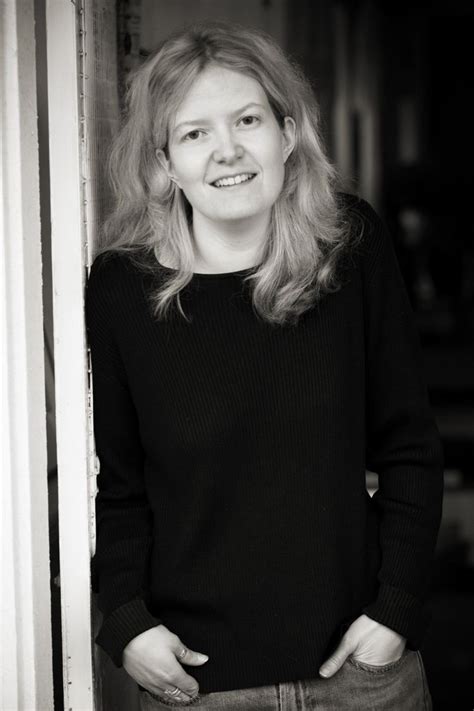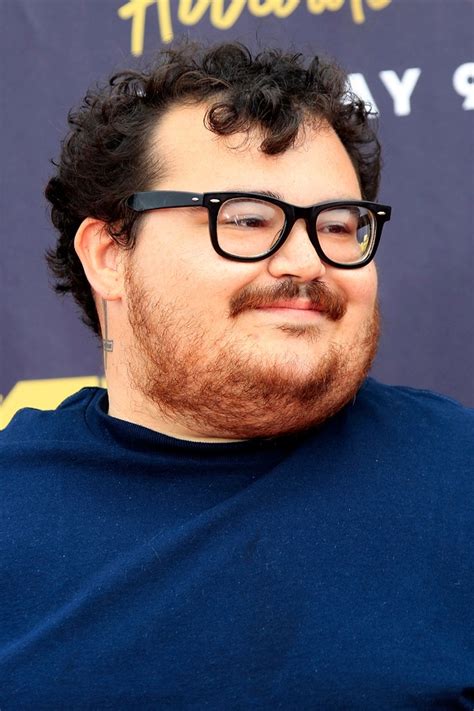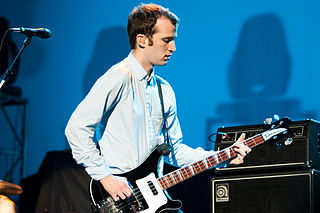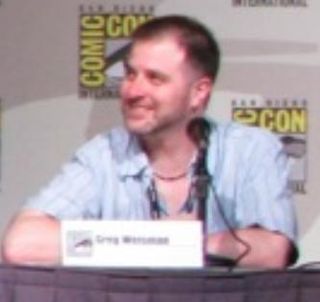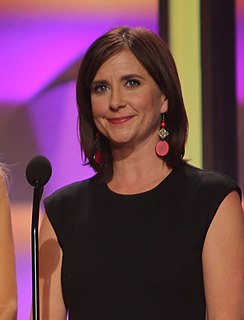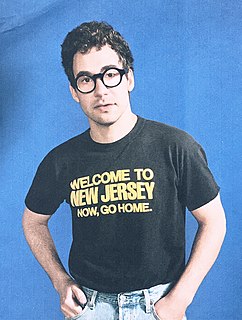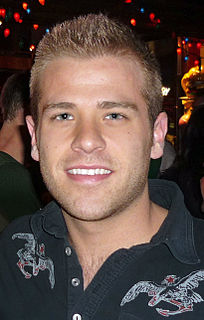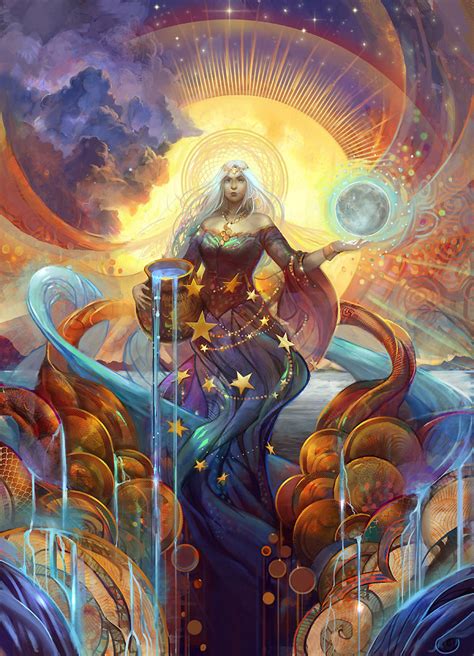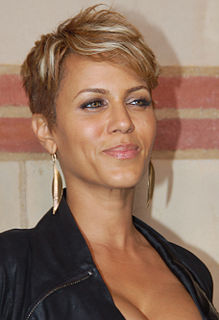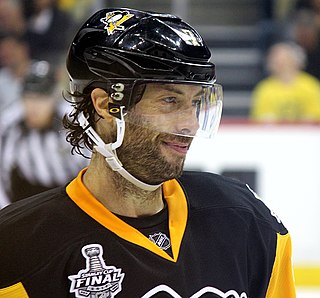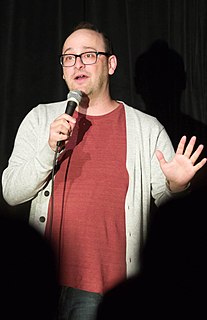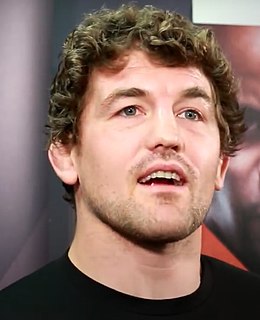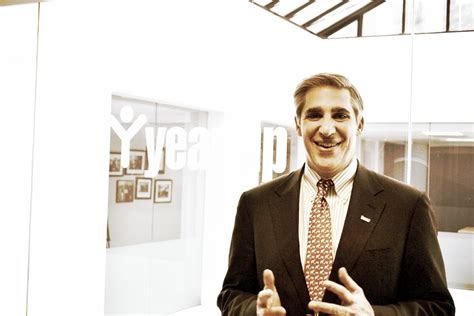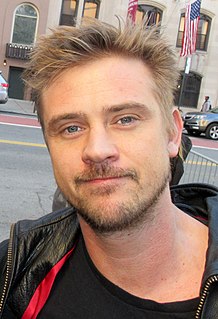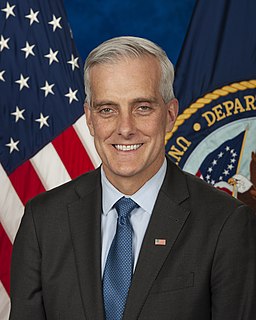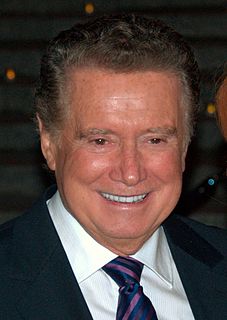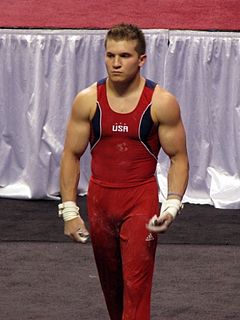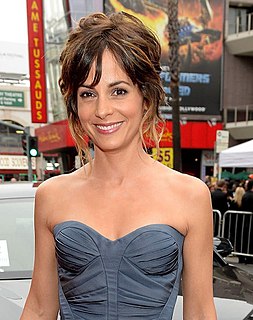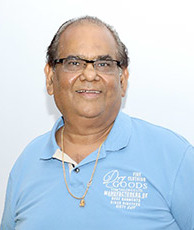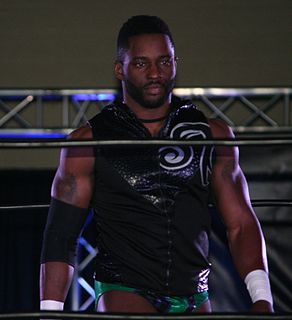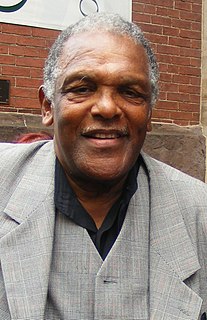Top 1200 College Life Quotes & Sayings - Page 17
Explore popular College Life quotes.
Last updated on December 18, 2024.
For some students, especially in the sciences, the knowledge gained in college may be directly relevant to graduate study. For almost all students, a liberal arts education works in subtle ways to create a web of knowledge that will illumine problems and enlighten judgment on innumerable occasions in later life.
Kate, don't be like that. You know I only did so well because I yearn-see, SAT word- to follow you to college and steal your heart." "Uh-huh. Too bad for you I don't plan on attending clown college." He grinned. "Only you would ignore the incredibly sweet thing I just said." "Only you would describe one of your asinine comments as incredibly sweet.
The experiencing self lives in the moment; it is the one that answers the question, 'Does it hurt?' or 'What were you thinking about just now?' The remembering self is the one that answers questions about the overall evaluation of episodes or periods of one's life, such as a stay in the hospital or the years since one left college.
I came to the realization that I started dating my now-wife junior year of college, before you actually went on a date. You didn't take girls from college out to dinner. I've never been on a date. I've never been on a date where I didn't know the end game. I've never casually dated someone. I've only been out to dinner with the woman who would eventually be my wife.
Middle-class white children, children of privilege, are afforded the opportunity to make a lot of mistakes and still go on to college, still dream big dreams. But for kids who are born in the ghetto in the era of mass incarceration, the system is designed in such a way that it traps them, often for life.
After graduating college, I finally allowed myself to strive for what I loved to do, even if there were no guarantees that I would be able to make a living off of acting. This, combined with my life experiences prior - like stars aligning - led me to this lovely role of Katana within the DC Comics universe.
What happened is I was going to college in 1950. L. A. City College. A guy I knew was going to an acting class on Thursday nights. He started telling me about all the good-lookin' chicks and said, "Why don't you go with me?" So I probably had some motivation beyond thoughts of being an actor. And sure enough, he was right. There were a lot of girls and not many guys. I said, "Yeah, they need me here." I wound up at Universal as a contract player.
The summer before my senior year of college, I would surf every single morning, and I got better and loved it. For me, it is nice to get away from the soccer field and have these other things to clear your mind. You don't have to be good at it; you just do it and enjoy it. It is nice to have that balance, and I need that balance in my life.
I think in general, it's just an interesting age to be at, after college. You spend so much of your life, being on this academic trajectory - and then when it's done - all of a sudden the whole world is maybe open to you. But you're the one that's really in charge of your path. And that can be a really scary thing, I think.
The mere mechanical technique of acting can be taught, but the spirit that is to give life to lifeless forms must be born in a man. No dramatic college can teach its pupils to think or to feel. It is Nature who makes our artists for us, though it may be Art who taught them their right mode of expression.
I didn't get to college until my 20s, because I was a young father on welfare and had to take all kind of jobs to support my young son. There's what frames my view on the topics I discuss on my shows, and the average person relates to that. No matter how many degrees I have now, I lived that life, and that comes through to the people watching.
When I got out of college I worked for DC comics. I worked on staff there and I also freelanced for them for about a decade. I spent two years on staff as an editor right out of college. I'm from Los Angeles and I came back here after a couple of years in New York, to go to Graduate School at USC. I wasn't thinking specifically about animation although while I'd worked at DC.
In high school, you at least have to get up at a reasonable hour and show up at places on time. College, on the other hand, gave me the sense that I could complete major assignments at 2 A.M. without suffering any repercussions, along with the erroneous idea that in real life, things started after one in the afternoon.
The Information Age is, first and foremost, an education age, in which education must start at birth and continue throughout a lifetime. Last year, from this podium, I said that education has to be our highest priority. I have something to say to every family listening to us tonight: Your children can go on to college.... Because of the things that have been done, we can make college as universal in the 21st century as high school is today. And, my friends, that will change the face and future of America.
I think it's a good way to sort of build your career and even when I was a young kid, I did the same thing, I looked at these guitar players, like ...I was a big fan of Steve Vai, and Al DiMeola, and said "What do those guys do?" and I found out that they went to Berkelee College of music, so I was like "Well, I'm going to go to Berkelee College of Music", and you try to, like, learn from those things, so... It's important.
I was brought up with the sense that I was absolutely no different from my brothers. I went to college thinking I was absolutely no different from the men in college. But that's not true. I'm fundamentally different. The problem was not being able to understand difference and equality at the same time. It's something that we can't seem to comprehend. You can't state difference and also state equality. We have to state sameness to understand equality. It's a mistake.
I spent much of my college life prepping for other careers, but I was always drawing and painting whenever I had free time. Eventually, thanks to the internet, I started noticing that there were such things as art schools, and professional artists, and people making a living doing a variety of types of art.
I had a brilliant drama teacher while I was at Roland Park: Ann Mainolfi. But the school was mostly rich in academics. It wasn't like I was prepping myself for a life in acting. There, you prepped yourself to have a stable future. The school's piece de resistance is college prep - it didn't teach you how to audition for a TV show.
My mom was very spiritual. We were a Catholic family. We read the Bible at a young age. I have two brothers and a sister. We're all very close. That was part of our childhood. But when I went to college and then got drafted and played in Anaheim, it was a life changer for me. I was exposed to so many things. I was out on my own for the first time.
I didn't fit into the Christian college my parents sent me to. I felt tarnished by tragedy, between my brother's death and Escuela Caribe, and everyone else seemed so carefree and happy and praising God. I couldn't stand happy people for a long time, and was plagued by chronic migraines and stomach aches. I'd say between age thirteen and twenty-three was the most miserable time of my life. I wrote Jesus Land because I wanted there to be a record of David's life. I was surprised that so many people read it, and felt moved by it.
A Division I college wrestling team has so many guys at such a high level it'd be like having every single guy in the gym being a top 10 UFC guy, and that's who you're competing against every single day. Most everyone has been wrestling since they were 5 years old. It's been their dream to wrestle in college. There's such a high level of intensity.
In senior year at college, Paula Vogel was my playwriting teacher; she is the first person to introduce me to the notion that a woman could actually forge a career in the theatre. Up until then, the possibility seemed remote and inaccessible, as I had very few role models who directly touched my life.
I was doing a college show for the first time, and there was this 20-year-old gay male who's been diabetic his entire life. He said, 'I really wanna get into stand-up.' I was like, 'Oh, my God, do you realize how interesting and inherently funny you are? Go do all the comedy that you wanna do.' I care about that.
Mentors provide professional networks, outlets for frustration, college and career counseling, general life advice, and most importantly, an extra voice telling a student they are smart enough and capable enough to cross the stage at graduation and land their first paycheck from a career pathway job.
...since I was a little boy, she had always wanted me to go. She was always sending me off on a bus someplace, to elementary school, to camp, to relatives in Kentucky, to college. She pushed me away from her just as she'd pushed my elder siblings away when we lived in New York, literally shoving them out the front door when they left for college.
A lot of people in college go astray because they choose something that doesn't really, really connect to them. And if it doesn't connect to you, you're not able to put in that 10,000 hours that people talk about. You don't have the focus. And you start off in life on the wrong foot and you never get back.
My parents, like others of "The Greatest Generation" who lived through the Great Depression and World War II, wanted to provide the best possible life for their children. My mother and father both attended college but dropped out to earn a living during the Depression, working the rest of their lives at blue-collar work.
In college, I was failing almost every class I was taking my freshman year. I was having difficulty in managing my time; I was just overwhelmed. Even though I knew I was smart and knew I was good enough, at that point, I doubted all of it because I struggled to handle my sport, classes and social life all at once.
I get flack for saying [when I visit a college and give a speech], "This is a nice college, but the really great educator is McDonald's." They hate me for saying this and think I'm a slimy creature. But McDonald's hires people with bad work habits, trains them, and teaches them to come to work on time and have good work habits. I think a lot of what goes on there is better than at Harvard.
All through high school and college, my parents would ask me over and over again, 'What are you going to do with your life? What do you want to be?' Well, in my heart I wanted to be a singer like Bing, but I worried about the reality of that dream. Did I think for one minute that I had the voice to pull it off? Of course not.
I was influenced by the Beats because I actually just began to commit adolescence around 1955, when "Howl" and Rebel Without a Cause and a lot of other new things were popping up. (Again I'm trying to give you a finite version of this career.) And then I came under the sway of Wallace Stevens when I was in college and graduate school, and basically set as a life goal the ambition of writing third-rate Wallace Stevens. I thought I would be completely content if I was recognized at some later point in my life as a third-rate Wallace Stevens.
It was definitely a big change in my life going from the college scene to really kind of being on my own. I got married and moved to Houston and started a whole new journey. It was scary in a way, but what's great for me is just focusing on gymnastics and my wife. I'm really able to put 100% into what my goals are.
At a time when going to college has never been more important, it's never been more expensive, and our nation's families haven't been in this kind of financial duress since the great depression. And so what we have is just sort of a miraculous opportunity simply by stopping the subsidy to banks when we already have the risk of loans. We can plow those savings into our students. And we can make college dramatically more affordable, tens of billions of dollars over the next decade.
I just realized, sometime early on in college, that I wanted to be a philosopher. I basically decided that I wanted to spend my life thinking as deeply and carefully and reflectively as I could about the nature of reality and our human engagement with it, and that taking a philosophical approach was the best way to go about doing this.
My dad's American, and my mom's French. I lived in France for the first 18 years of my life, then came here to go to school at the College of William and Mary. I studied marketing. I really didn't know what I wanted to do, so I thought that's what I should do - study business - because it would give me the best chance to find work.
Healthcare as a human right, it means that every child, no matter where you are born, should have access to a college or trade-school education if they so choose it, and I think no person should be homeless if we can have public structures and public policy to allow for people to have homes and food and lead a dignified life in the United States.
The darkest days in my life after the war, after the war, was when I discovered that the ... most of the members and commanders of the Einsatz group that were doing the killings, not even in gas chambers, but killing with machine guns, had college degrees from German universities and PhD's and MD's. Couldn't believe it.
I hadn't really thought about going to college. Nobody in my family went away to school. The other piece of that was I didn't see anybody else in my hometown going to college to give me some kind of influence or something like that you might want to think about. I didn't see any of that. Therefore I thought it was never there. What happened was that my high school coach intervened. Had he not intervened to the measure he intervened, I probably wouldn't have gone.





